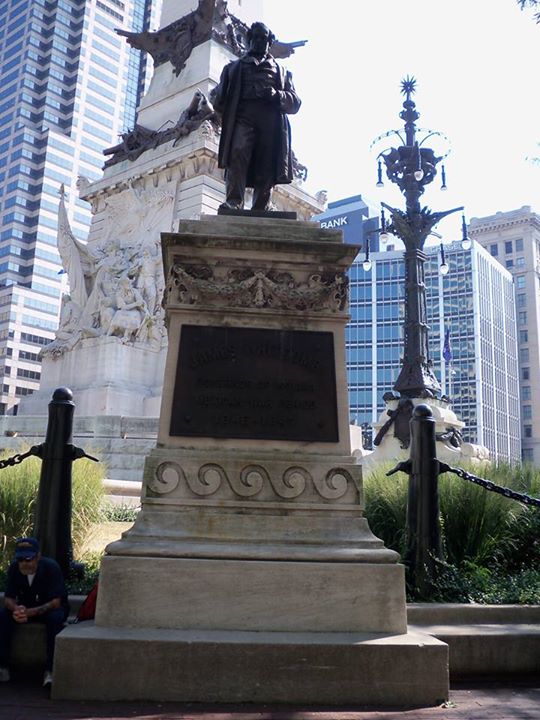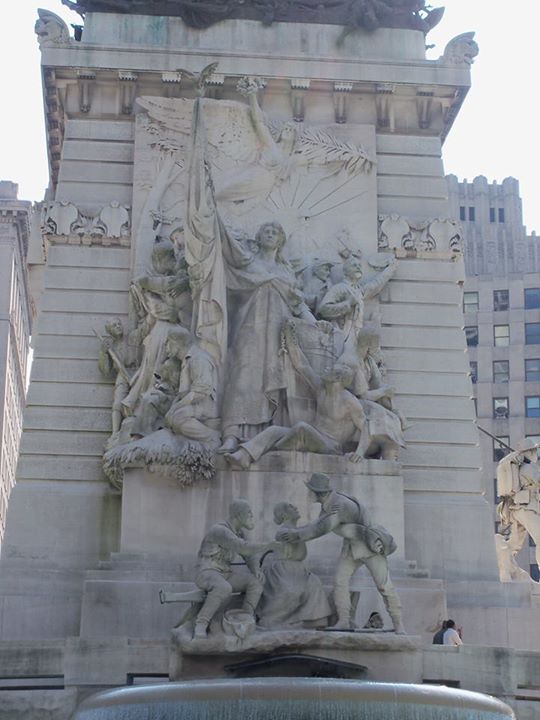
Wednesday, 6 May 2015
I urge you, brethren—you know the household of Stephanas, that it is the firstfruits of Achaia, and that they have devoted themselves to the ministry of the saints— 1 Corinthians 16:15
Paul now makes a firm request to “the brethren” concerning “the household of Stephanas.” They are mentioned as having been baptized by Paul in 1 Corinthians 16. His thought here begins with an urging and then it gives the “who” and the “why” concerning the urging. Only in the next verse will the “what” of the urging detail.
But there is also an unstated possible reason for Paul’s words. It seems from verse 17 that Stephanas was one of the ones who carried the ill-report of what was going on in Corinth to Paul. The circumstances of that report is seen in 1 Corinthians 1:11 –
“For it has been declared to me concerning you, my brethren, by those of Chloe’s household, that there are contentions among you.”
If this is so, then Paul’s words are intended to look at the devotion of Stephanas to the Corinthians and not to any supposed back-biting or tattling. The issues Paul has been discussing have needed to be addressed in order to maintain right doctrine and also purity within the congregation. There is nothing out of order in reporting such infractions. If Stephanas was a part of this, Paul’s words make all the more sense.
He notes now that “the household of Stephanas” were “the firstfruits of Achaia.” This alone shows a dedicated soul. The first to come forward is always the one who steps into the unknown. After the first, the others will often naturally follow. And so he set an example which was emulated by others. But he didn’t stop there. He and his family “devoted themselves to the ministry of the saints.”
The work of this noble family was with the heart of others within the faith. If he was a member of Chloe’s household who carried the news of the failings of the Corinthians to Paul, it was for their benefit, not their condemnation. Because of this, Paul is urging that they be so recognized for their efforts.
Life application: Those who minister to the saints are often those who aren’t even in leadership positions. It is good and proper to recognize such people and to return the favor when possible. Such actions should never be just a one way street.
Lord God, it is pretty wonderful that there are people in the church I attend who quietly minister to others. They help out with things that need to be done, they bring things for others to enjoy, they provide a hug when necessary, and they quietly work to keep others happy. They have their own little ministry that is often overlooked and yet it is a great asset to the overall congregation. Look into their deeds and reward them abundantly O God. Thank You for such caring people. Amen!




